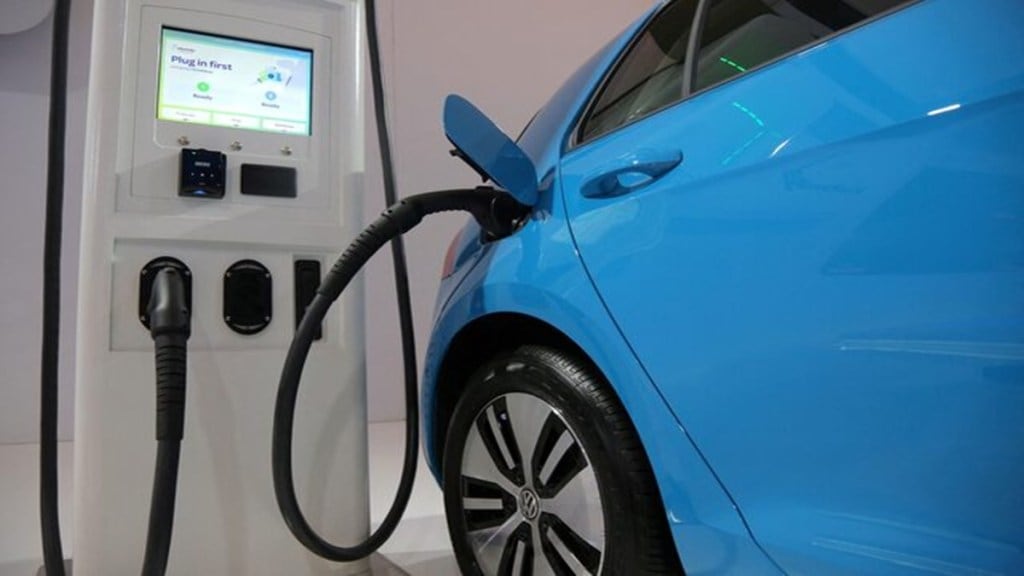The Delhi government has decided to extend its electric vehicle policy to March 31, 2026, or until a new policy is approved, whichever is earlier. The government wants the proposed draft of the new policy to ‘undergo a public consultation’. This decision was taken during a cabinet meeting headed by the Delhi Chief Minister, Rekha Gupta. Speaking to PTI, Delhi Transport Minister Pankaj Kumar Singh has emphasised that the state government wants to involve all the stakeholders, including the citizens, before finalising the electric policy.
Delhi government opens doors for wider public consultation
The Delhi Transport Minister explained that the reason the electric vehicle policy was extended to next year is that the department wants to engage in detailed discussions with residents, industry experts, environmental organisations, and public and private players in the electric mobility sector. Singh further said that the state government wants to build an extensive charging network and swappable battery stations, a robust waste disposal system and reassess subsidies and incentives for EV adoption.
Speaking to PTI, Singh said, “The extension will enable the transport department to conduct comprehensive consultations with all stakeholders — including citizens, industry leaders, academic experts, environmental groups and both public and private institutions.”
Earlier, the Delhi government had extended the EV policy by three months in April after it expired in January 2025.
What to expect from Delhi EV Policy 2.0?
The Delhi government aims to convert mass vehicle sections into zero emissions, like two-wheelers, three-wheelers, public transportation and freight carriers. The policy wants to take the next step in the adoption of EVs by wanting to ban the registration of new fuel-based or internal combustion engine vehicles. It offers subsidies worth up to Rs 30,000 for EV two-wheelers and sets up 13,200 public charging stations in the capital. The policy also offers an exclusive subsidiary offer for women. The first 10,000 women EV two-wheeler owners with valid licences can avail themselves of a subsidy of Rs 12,000 per kWh, with a maximum limit of Rs 36,000.
